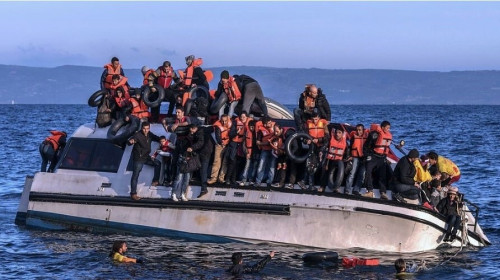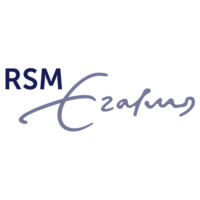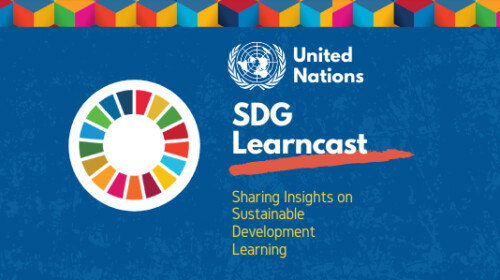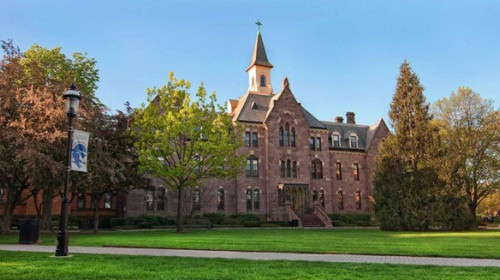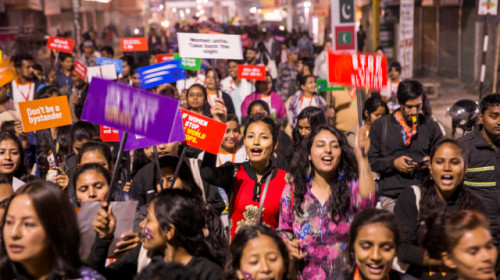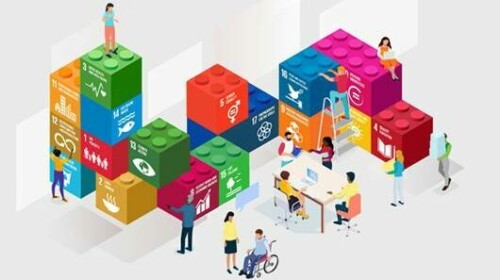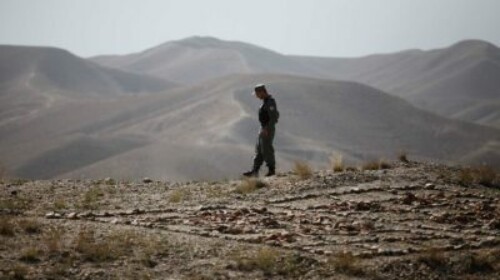This case looks at the complexity of the refugee crisis in Europe, focusing on the Greek island of Lesbos. Since 2015 Lesbos had been dealing with an extremely large influx of refugees. These people had been housed at Camp Moira while waiting for an opportunity to travel onward to safer and more secure destinations in Europe. However, political decisions, among others, were creating unbearable conditions for the refugees in the camp, while the stakeholders shifted responsibility from one to another and struggled to find solutions at the European borders.
The Greek government, the European Union, the various EU member states, non-governmental organisations, the Lesbos municipality, the private sector and the refugees themselves each had their own roles and challenges in this situation. How could these stakeholders collaborate to reach better solutions? The case helps students to find solutions, through co-creation, for a world that faces increasingly complex safety issues.
Learning objectives:
1. Discuss top-down and bottom-up effects of the refugee crisis;
2. Critically evaluate the challenges to this problem and understand why it is a wicked problem;
3. Understand how co-creation can play a role in solving a wicked problem.

